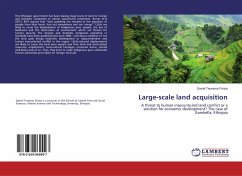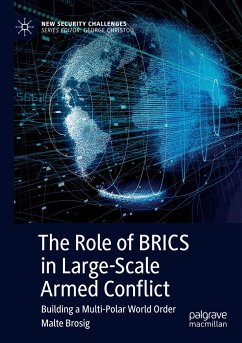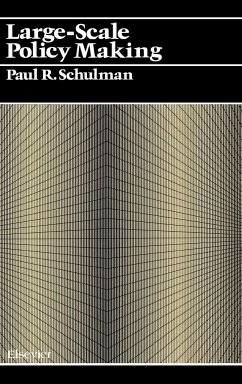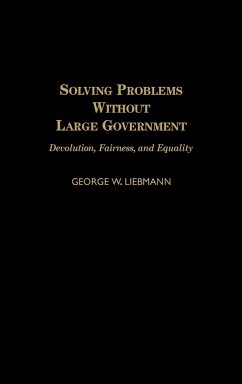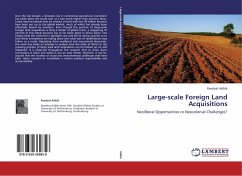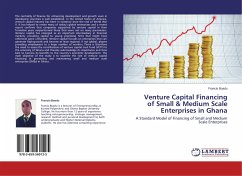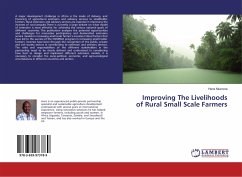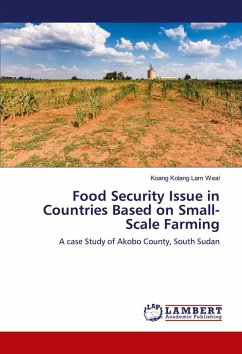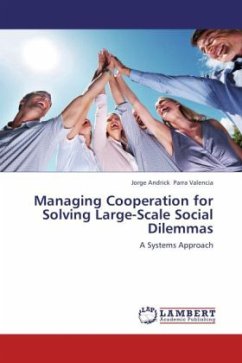
Managing Cooperation for Solving Large-Scale Social Dilemmas
A Systems Approach
Versandkostenfrei!
Versandfertig in 6-10 Tagen
32,99 €
inkl. MwSt.

PAYBACK Punkte
16 °P sammeln!
This is the time of social dilemmas. Commons resources are suffering depletion, congestion, pollution, and overuse. Public goods are under provided in every country. Both Commons resources and Public goods are now a new arena where we can see conflicts. A social dilemma is a conflict between individual and group rationality. When two people meet around a common resource or a public good, the situation could lead to a potential lost for all the group. The more interesting issue here is about rationality. If we use our rationality, we hope we can get the best output in every situation we apply i...
This is the time of social dilemmas. Commons resources are suffering depletion, congestion, pollution, and overuse. Public goods are under provided in every country. Both Commons resources and Public goods are now a new arena where we can see conflicts. A social dilemma is a conflict between individual and group rationality. When two people meet around a common resource or a public good, the situation could lead to a potential lost for all the group. The more interesting issue here is about rationality. If we use our rationality, we hope we can get the best output in every situation we apply it. However, social dilemmas define a kind of space for interdependency where individual rationality could drive us to the worst output. This book is about managing cooperation and how collective action can contribute to solve this kind of crises. The book presents several mechanism to promote cooperation and the difficulties we need to solve to make cooperation effective for solving large-scale social dilemmas. The author suggests that managing cooperation is possible and describes the complexity we have to understand in order to solve these kind of crises.



